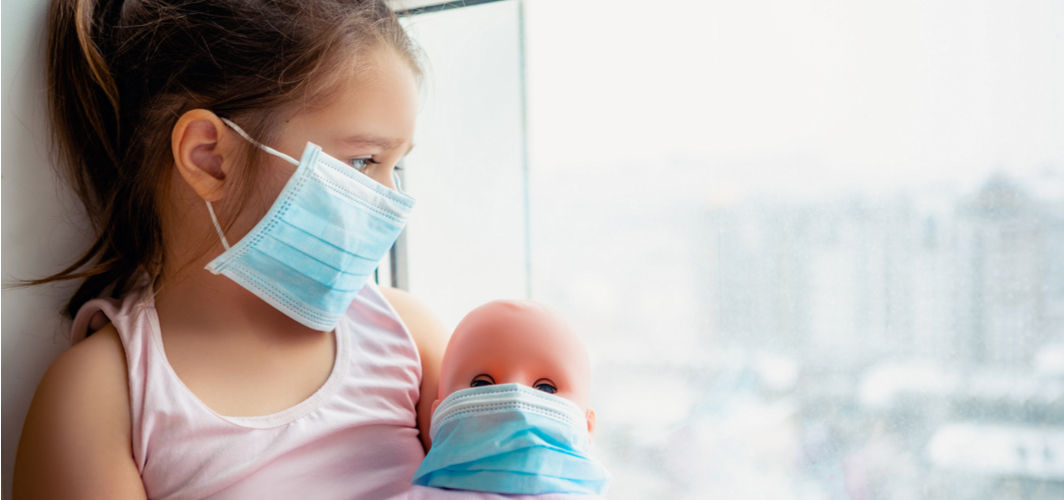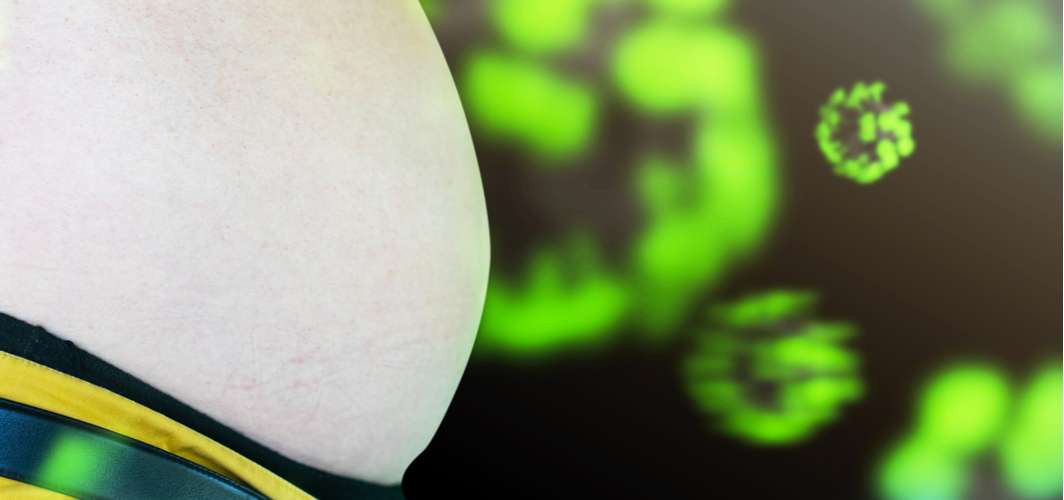Coronavirus Updates
Children and Long Covid: What Is Known so Far
4 min read
By Apollo 24/7, Published on - 20 July 2021, Updated on - 18 October 2022
Share this article
0
3 likes

Since the beginning of the pandemic, adults have borne the worst impact of the COVID-19. On the other hand, far fewer infected children have experienced severe initial symptoms. Despite this, researchers are getting increasingly worried that the young population may now be at a greater risk of experiencing long COVID or post-COVID syndrome.
Although long COVID was first detected in adults, it is now being observed in the young population as well. According to the latest data, more young people are getting infected with the SARS-CoV-2 virus than adults. The rise in infections is putting the young population at an increased risk of long COVID as well. The article below explores the pediatric long COVID in detail.
Symptoms of long COVID in children
The long COVID symptoms observed in children are similar to those experienced by adults. Some of the most common symptoms are:
- Headache
- Insomnia
- Dizziness
- Breathlessness
- Heart palpitations
- Fatigue or tiredness
- Brain fog or confusion
- Pain in muscles and joints
Some of the other less frequently observed symptoms include gastrointestinal problems, nausea, dizziness, seizures, and hallucinations.
Incidence of long COVID in children
Currently, it is difficult to tell how many kids have been affected by long COVID in India. There is no available study data to document the pediatric cases of long COVID in the country. However, several small studies have been conducted in other countries that point towards a significant number.
- A study conducted on 171 COVID-positive children (median age 3) in Australia found that only 8% of the participating children exhibited post-COVID manifestations up to two months after being diagnosed with the condition. Nearly all of them recovered completely by the end of six months.
- According to the data released by the UK Office of National Statistics, 9.8% of children aged 2–11 years and 13% aged 12–16 years have reported at least one persistent symptom five weeks after being diagnosed with COVID-19.
- In April 2021, it was reported that 25% of children who were discharged from a Russian hospital after receiving treatment for COVID-19 had symptoms more than five months later.
- A small study was conducted on 129 children aged 6 to 16 years in Rome, Italy. The children had been diagnosed with COVID-19 between March and November 2020. The study revealed that more than 50% of the children had at least one persistent symptom after their supposed recovery.
- In June 2021, a survey of pediatricians was conducted in the Netherlands. The pediatricians disclosed that 89 young patients were being treated in their care. One of the pediatricians observed that over one-third of the affected children experienced symptoms that were serious enough to cause severe restrictions in daily life.
Criteria for diagnosing long COVID in children
According to experts, one of the biggest challenges in working out the incidence of long COVID is the fact that there are no well-defined diagnostic criteria, even for adults. The surveys that are often carried out to determine the incidence focus on a broad range of symptoms, most of which are not specific enough to distinguish long COVID from other conditions.
In order to allow studies to determine the risk and incidence of long COVID in children, a proper definition of the condition is urgently needed. One suggestion is to define the long COVID as a collection of different syndromes: post-intensive care syndrome, post-viral fatigue syndrome, and long-term COVID syndrome. It is worth noting that a person may suffer from more than one of these syndromes at the same time.
Researchers are also evaluating the role of immunological changes triggered by long COVID. The changes might offer insights into the biological markers that could eventually pave the way for treatments as well. For instance, chronic inflammation after COVID-19 infection might be one of the biological markers of long COVID in children. The research involving the biological basis of long COVID will likely achieve significant results.
Treatment options
Currently, there is no known cure for long COVID. A multi-disciplinary approach is being recommended to minimize the symptoms. Pediatricians believe that, in most cases, the symptoms will resolve on their own with time. However, they recommend that it is better to avoid contracting the infection in the first place. Since children are currently not eligible for vaccination, parents should get vaccinated themselves. This will offer passive immunity to the children against COVID-19 and its long-term consequences.
Coronavirus Updates
Leave Comment
Recommended for you

Coronavirus Updates
What Safety Precautions Should Employees Returning to Work after the Lockdown Take?
Avoid going to the office if you feel unwell and seek medical attention immediately. If you are healthy and must go to office, follow precautions to protect yourself at the workplace.

Coronavirus Updates
Can Frozen or Refrigerated Food Carry the Coronavirus?
As of now, it requires more evidence and investigation to derive a concrete conclusion about whether consumption of refrigerated food items can cause Coronavirus infection.

Coronavirus Updates
Does Obesity Cause Severe COVID-19 Complications?
Recent research has revealed that obesity-related conditions can cause significant complications in COVID-19 infected people.
Subscribe
Sign up for our free Health Library Daily Newsletter
Get doctor-approved health tips, news, and more.
Visual Stories

Can India Beat the COVID-19 Surge?
Tap to continue exploring
Recommended for you

Coronavirus Updates
What Safety Precautions Should Employees Returning to Work after the Lockdown Take?
Avoid going to the office if you feel unwell and seek medical attention immediately. If you are healthy and must go to office, follow precautions to protect yourself at the workplace.

Coronavirus Updates
Can Frozen or Refrigerated Food Carry the Coronavirus?
As of now, it requires more evidence and investigation to derive a concrete conclusion about whether consumption of refrigerated food items can cause Coronavirus infection.

Coronavirus Updates
Does Obesity Cause Severe COVID-19 Complications?
Recent research has revealed that obesity-related conditions can cause significant complications in COVID-19 infected people.